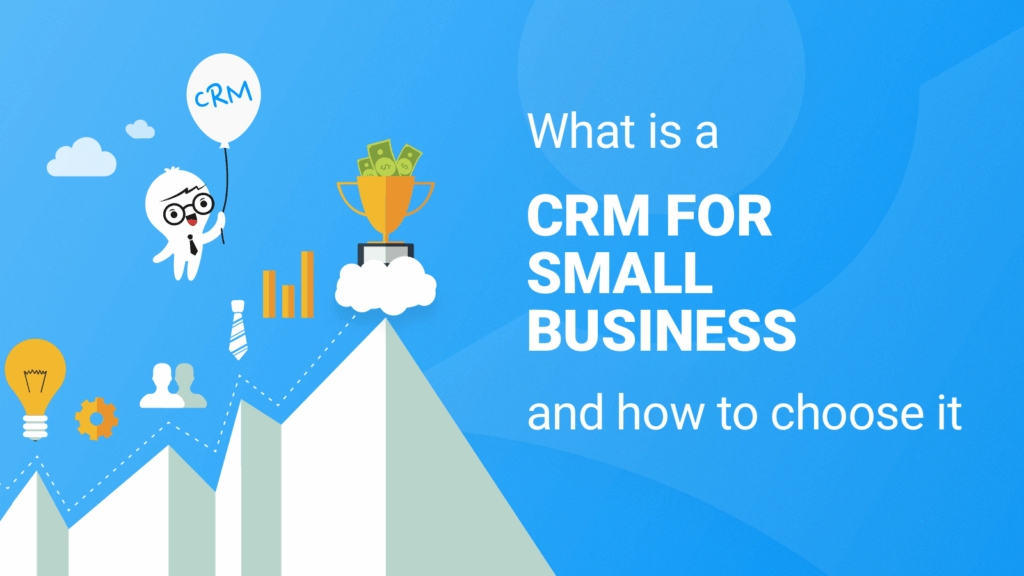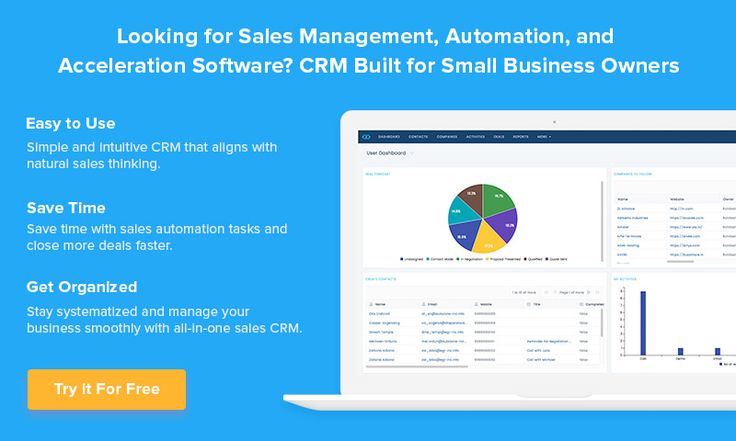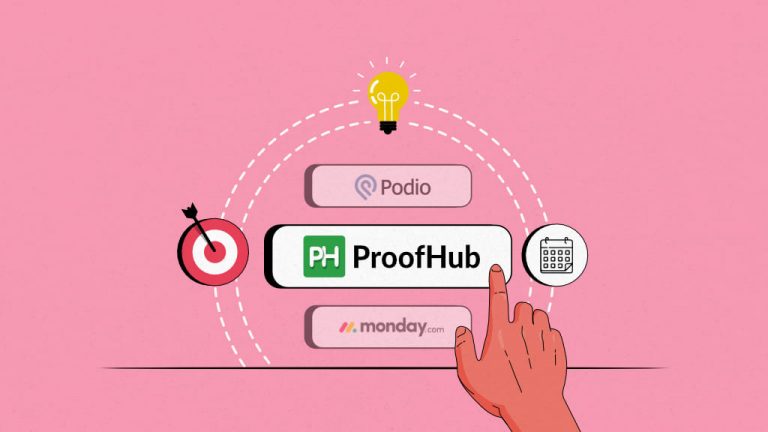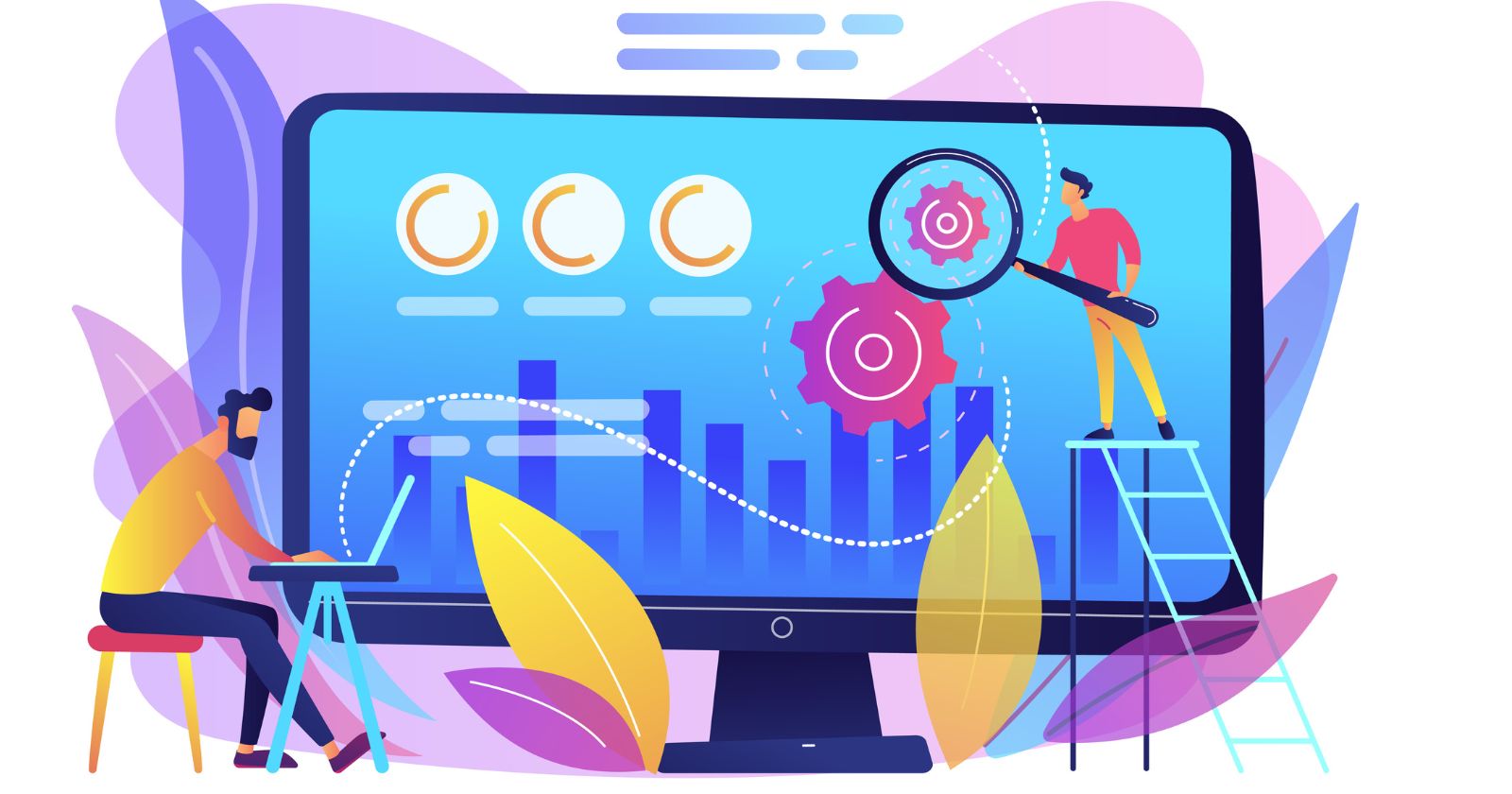CRM for Small Business Security: Protecting Your Data and Your Future

CRM for Small Business Security: Protecting Your Data and Your Future
In today’s digital landscape, small businesses are increasingly vulnerable to cyber threats. As a small business owner, you’re likely juggling multiple responsibilities, from managing finances and marketing to customer service and product development. Security might seem like an afterthought, but it’s absolutely critical. One of the most important tools in your arsenal for safeguarding your business is a robust Customer Relationship Management (CRM) system. However, simply having a CRM isn’t enough. You need to understand the security implications and how to implement best practices to protect your valuable data.
This comprehensive guide will delve into the world of CRM security for small businesses. We’ll explore the threats you face, the vulnerabilities to watch out for, and the practical steps you can take to fortify your CRM system and ensure the security of your customer data. By the end of this article, you’ll have a clear understanding of how to choose a secure CRM, implement best practices, and cultivate a security-conscious culture within your organization.
The Growing Threat Landscape for Small Businesses
Small businesses are attractive targets for cybercriminals. They often lack the robust security infrastructure of larger corporations, making them easier to penetrate. Furthermore, small businesses often hold valuable customer data, which can be exploited for financial gain or used in identity theft. The types of threats small businesses face are diverse and constantly evolving, including:
- Phishing Attacks: These attacks use deceptive emails, websites, or messages to trick employees into revealing sensitive information like usernames, passwords, or financial details. Phishing is a common method used to gain access to CRM systems.
- Malware Infections: Malware, including viruses, spyware, and ransomware, can infect your systems and steal data, disrupt operations, or demand a ransom for the release of your files.
- Ransomware Attacks: This type of malware encrypts your data and demands a ransom payment for its decryption. Ransomware attacks can cripple your business and lead to significant financial losses.
- Data Breaches: Data breaches occur when sensitive information is stolen or accessed without authorization. This can happen through various means, including hacking, insider threats, or compromised third-party vendors.
- Insider Threats: These threats originate from within your organization, such as disgruntled employees, negligent employees, or those who intentionally misuse their access to your CRM data.
- Denial-of-Service (DoS) Attacks: These attacks aim to disrupt your online services by overwhelming your servers with traffic, making your CRM system or website unavailable.
The consequences of a security breach can be devastating for a small business. They include:
- Financial Losses: Costs associated with data recovery, legal fees, fines, and lost revenue.
- Reputational Damage: Loss of customer trust and damage to your brand’s reputation.
- Legal and Regulatory Penalties: Fines and other penalties for failing to protect customer data, especially if you operate in an industry with strict data privacy regulations.
- Business Disruption: Inability to access critical data, communicate with customers, and conduct business operations.
Understanding these threats is the first step in protecting your small business. Now, let’s explore how CRM systems fit into this landscape and how to secure them.
Why CRM Security Matters for Small Businesses
A CRM system is a central repository for your customer data, including contact information, purchase history, communication logs, and more. This data is invaluable for understanding your customers, personalizing your marketing efforts, and providing excellent customer service. However, it also makes your CRM a prime target for cyberattacks. Protecting your CRM is not just about complying with regulations; it’s about safeguarding your business’s most valuable asset: your customer relationships.
Here’s why CRM security is crucial for small businesses:
- Protecting Sensitive Customer Data: Your CRM contains a wealth of sensitive information, including names, addresses, phone numbers, email addresses, and potentially even credit card details. Protecting this data is essential to prevent identity theft, fraud, and other malicious activities.
- Maintaining Customer Trust: Customers trust you with their personal information. A data breach can severely damage this trust and erode your brand’s reputation.
- Ensuring Business Continuity: A successful cyberattack can render your CRM system unusable, disrupting your sales, marketing, and customer service operations. Robust security measures can minimize the impact of such incidents and ensure business continuity.
- Complying with Data Privacy Regulations: Depending on your industry and location, you may be subject to data privacy regulations like GDPR, CCPA, or HIPAA. Failing to comply with these regulations can result in hefty fines and legal repercussions.
- Preventing Financial Losses: A data breach can lead to significant financial losses, including the cost of data recovery, legal fees, and lost revenue.
By prioritizing CRM security, you’re not just protecting your data; you’re protecting your business’s future.
Key Security Features to Look for in a CRM System
Choosing the right CRM system is a critical step in securing your customer data. When evaluating CRM providers, look for the following security features:
- Encryption: Encryption protects your data by scrambling it so that it’s unreadable to unauthorized users. Look for CRM systems that encrypt data both in transit (when it’s being transmitted over the internet) and at rest (when it’s stored on servers).
- Access Controls and Permissions: Implement role-based access controls to limit access to sensitive data. Grant employees only the necessary permissions to perform their job duties.
- Multi-Factor Authentication (MFA): MFA adds an extra layer of security by requiring users to verify their identity using multiple methods, such as a password and a code sent to their mobile device.
- Regular Backups: Regularly back up your CRM data to ensure you can recover it in case of a data loss incident. Store backups securely and test the restoration process periodically.
- Security Audits and Penetration Testing: Choose a CRM provider that conducts regular security audits and penetration testing to identify and address vulnerabilities in their systems.
- Data Residency Options: Consider where your data will be stored. Some CRM providers offer data residency options, allowing you to store your data in specific geographic locations to comply with local regulations.
- Compliance Certifications: Look for CRM providers that have obtained industry-recognized compliance certifications, such as SOC 2, ISO 27001, or GDPR compliance.
- Incident Response Plan: A well-defined incident response plan outlines the steps the CRM provider will take in the event of a security breach.
- Security Training for Employees: The CRM provider should offer security training and resources to help your employees understand how to protect your data.
By selecting a CRM system with these security features, you’re laying a solid foundation for protecting your customer data.
Implementing CRM Security Best Practices
Choosing a secure CRM is only the first step. You also need to implement best practices to ensure the ongoing security of your system and data. Here are some key recommendations:
- Strong Passwords and Password Management: Enforce strong password policies, requiring users to create complex passwords that are at least 12 characters long and include a mix of uppercase and lowercase letters, numbers, and special characters. Encourage the use of password managers to securely store and manage passwords.
- Enable Multi-Factor Authentication (MFA): Enable MFA for all users to add an extra layer of security and prevent unauthorized access to your CRM system.
- Regular Software Updates and Patching: Keep your CRM software and all related applications up to date with the latest security patches. Apply updates promptly to address known vulnerabilities.
- Access Control and User Permissions: Regularly review and update user permissions to ensure that employees only have access to the data and features they need to perform their jobs. Remove access for former employees promptly.
- Data Encryption: Ensure that data is encrypted both in transit and at rest. This protects your data from unauthorized access if your systems are compromised.
- Regular Backups: Implement a robust backup strategy to regularly back up your CRM data. Store backups securely and test the restoration process to ensure you can recover your data in case of a disaster.
- Security Awareness Training: Train your employees on security best practices, including how to identify and avoid phishing attacks, recognize malware, and protect sensitive data.
- Incident Response Plan: Develop and regularly test an incident response plan to outline the steps you will take in the event of a security breach. This plan should include procedures for identifying, containing, and recovering from a security incident.
- Regular Security Audits and Vulnerability Assessments: Conduct regular security audits and vulnerability assessments to identify and address potential security weaknesses in your CRM system and infrastructure.
- Monitor User Activity: Monitor user activity within your CRM system to detect suspicious behavior or unauthorized access attempts. Use activity logs to track user actions and identify potential security threats.
- Secure Your Network: Protect your network with firewalls, intrusion detection systems, and other security measures. Ensure that your network is properly configured to prevent unauthorized access.
- Review Third-Party Integrations: Carefully vet any third-party integrations with your CRM system. Ensure that these integrations are secure and comply with your security policies.
Implementing these best practices will significantly enhance the security of your CRM system and protect your valuable customer data.
Cultivating a Security-Conscious Culture
Security is not just about technology; it’s also about people. Cultivating a security-conscious culture within your organization is crucial for protecting your CRM and customer data. This involves:
- Leadership Commitment: Demonstrate a strong commitment to security from the top down. Make security a priority and allocate the necessary resources for training, technology, and incident response.
- Employee Training and Awareness: Provide regular security awareness training to all employees. This training should cover topics such as phishing attacks, password security, data privacy, and incident reporting.
- Clear Security Policies and Procedures: Develop and communicate clear security policies and procedures. These policies should outline the rules and guidelines for data handling, access control, password management, and other security-related topics.
- Regular Communication: Communicate security updates, threats, and best practices regularly. Keep employees informed about the latest security risks and how to protect themselves and the company.
- Encouraging Reporting: Create a culture where employees feel comfortable reporting security incidents or suspicious activity. Provide a clear reporting process and ensure that reports are investigated promptly.
- Positive Reinforcement: Recognize and reward employees who demonstrate good security practices. This can help to reinforce desired behaviors and create a positive security culture.
- Security Champions: Identify security champions within different departments to promote security awareness and best practices. These individuals can serve as a point of contact for security-related questions and concerns.
- Regular Security Drills: Conduct regular security drills to test your incident response plan and ensure that employees are prepared to respond to security incidents.
By fostering a security-conscious culture, you empower your employees to be your first line of defense against cyber threats.
Choosing the Right CRM for Your Small Business Security Needs
Selecting the right CRM system is a crucial decision that impacts your business’s security posture. When choosing a CRM, consider the following factors:
- Security Features: Prioritize CRM systems that offer robust security features, such as encryption, access controls, multi-factor authentication, and regular security audits.
- Vendor Reputation: Research the CRM provider’s reputation for security. Read reviews, check for security certifications, and assess their commitment to data protection.
- Compliance: Ensure the CRM system complies with relevant data privacy regulations, such as GDPR or CCPA, depending on your business’s location and customer base.
- Scalability: Choose a CRM system that can scale to meet your business’s future needs. As your business grows, your CRM system should be able to handle increased data volume and user activity.
- Integration Capabilities: Consider the integration capabilities of the CRM system. Ensure that it integrates with other tools and applications that your business uses, such as email marketing platforms, e-commerce platforms, and accounting software.
- User-Friendliness: Select a CRM system that is user-friendly and easy to use. A complex or difficult-to-use system can hinder employee adoption and productivity.
- Cost: Evaluate the cost of the CRM system, including subscription fees, implementation costs, and ongoing maintenance expenses. Choose a system that fits your budget and provides good value for your investment.
- Customer Support: Ensure that the CRM provider offers reliable customer support. You should be able to get help quickly if you encounter any technical issues or security concerns.
By carefully evaluating these factors, you can choose a CRM system that meets your business’s security needs and supports your long-term goals.
Staying Ahead of the Curve: Continuous Improvement and Adaptation
The cybersecurity landscape is constantly evolving. New threats emerge, and existing vulnerabilities are exploited. To maintain a strong security posture, you must embrace continuous improvement and adaptation. This involves:
- Regular Security Assessments: Conduct regular security assessments to identify and address potential vulnerabilities in your CRM system and infrastructure.
- Staying Informed: Stay informed about the latest security threats and best practices. Subscribe to security newsletters, follow industry blogs, and attend security conferences.
- Adapting to New Threats: Be prepared to adapt your security measures to address new threats as they emerge. This may involve implementing new security tools, updating your policies and procedures, or providing additional security training.
- Seeking Expert Advice: Consult with cybersecurity experts to get advice on how to improve your security posture. They can help you identify vulnerabilities, implement best practices, and respond to security incidents.
- Reviewing and Updating Policies: Regularly review and update your security policies and procedures to ensure they remain effective and aligned with the latest security best practices.
- Learning from Incidents: If you experience a security incident, learn from it. Analyze the incident to identify the root cause and implement measures to prevent similar incidents from occurring in the future.
By embracing continuous improvement and adaptation, you can stay ahead of the curve and protect your small business from evolving cyber threats.
Conclusion: Securing Your CRM for a Secure Future
CRM security is not an optional extra; it’s a fundamental requirement for any small business that values its customer data and its future. By understanding the threats, implementing best practices, and cultivating a security-conscious culture, you can significantly reduce your risk of a data breach and protect your business from cyberattacks.
Remember to choose a CRM system with robust security features, implement strong security measures, and educate your employees on security best practices. Continuously improve your security posture by staying informed about the latest threats and adapting your security measures as needed.
By taking these steps, you can safeguard your customer data, maintain customer trust, and ensure the long-term success of your small business.
Don’t wait until it’s too late. Start securing your CRM today.





